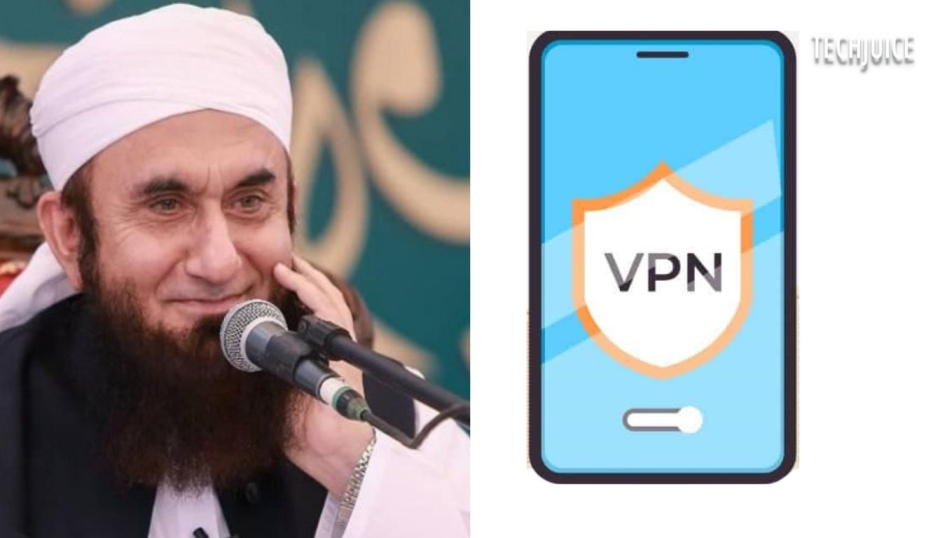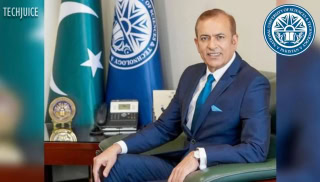Renowned Islamic scholar Maulana Tariq Jamil has voiced strong reservations over the recent decree by the Council of Islamic Ideology (CII), which declared the use of Virtual Private Networks (VPNs) as un-Islamic (haram).
In an interview with a private news channel, Maulana Tariq Jamil questioned the rationale behind the CII’s stance, arguing that if VPNs are haram, mobile phones should logically fall under the same prohibition, as they enable access to restricted content.
The scholar described the fatwa as “narrow-minded” and warned of its implications. He highlighted that mobile phones pose greater potential harm due to their ability to access the wrong and prohibited content, which, he argued, could be more detrimental than VPN usage.
However, Maulana Tariq Jamil also expressed his uncertainty about the specific religious council responsible for the fatwa, though he firmly disagreed with the decision.
The discussion arose after the CII declared that VPNs are unlawful as they are considered to be used to circumvent online censorship and access other prohibited content. The Chairman of CII Allama Dr. Raghib Naeemi supported the decision arguing that the ‘positive use’ of VPNs in Pakistan was insignificant. He argued that VPNs are largely utilized for anonymous access to “immoral content”.
In a statement to a private news channel, Dr. Naeemi urged users to register their VPNs for traceability and responsible usage. He said that VPNs always complicate the process of identifying those said to be accessing what he called “Immoral content” such as blasphemy and pornography noting that “Most VPN usage is unregistered, making users untraceable.”
This debate has sparked significant public interest and raised questions about digital freedom and religious guidelines in Pakistan.












